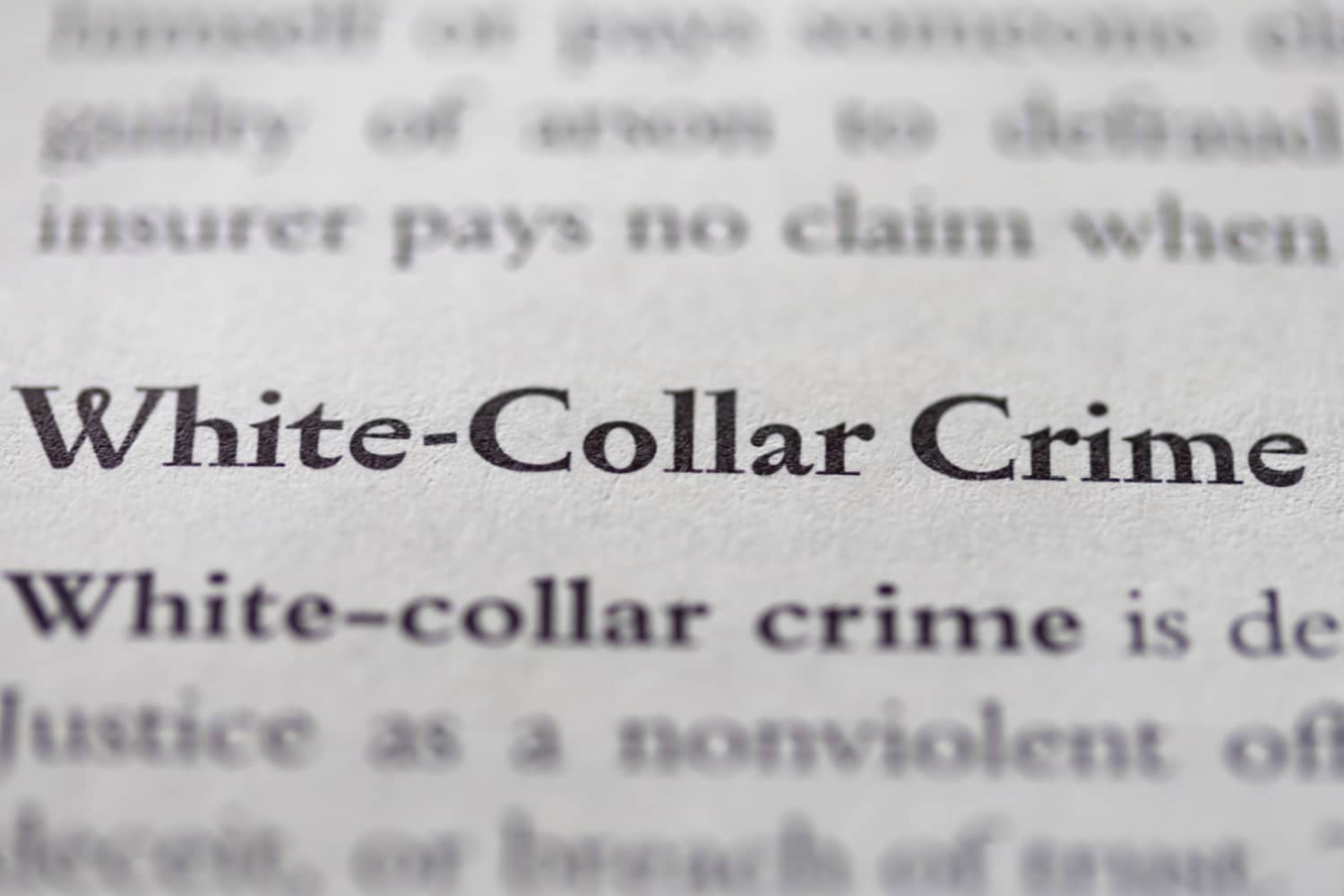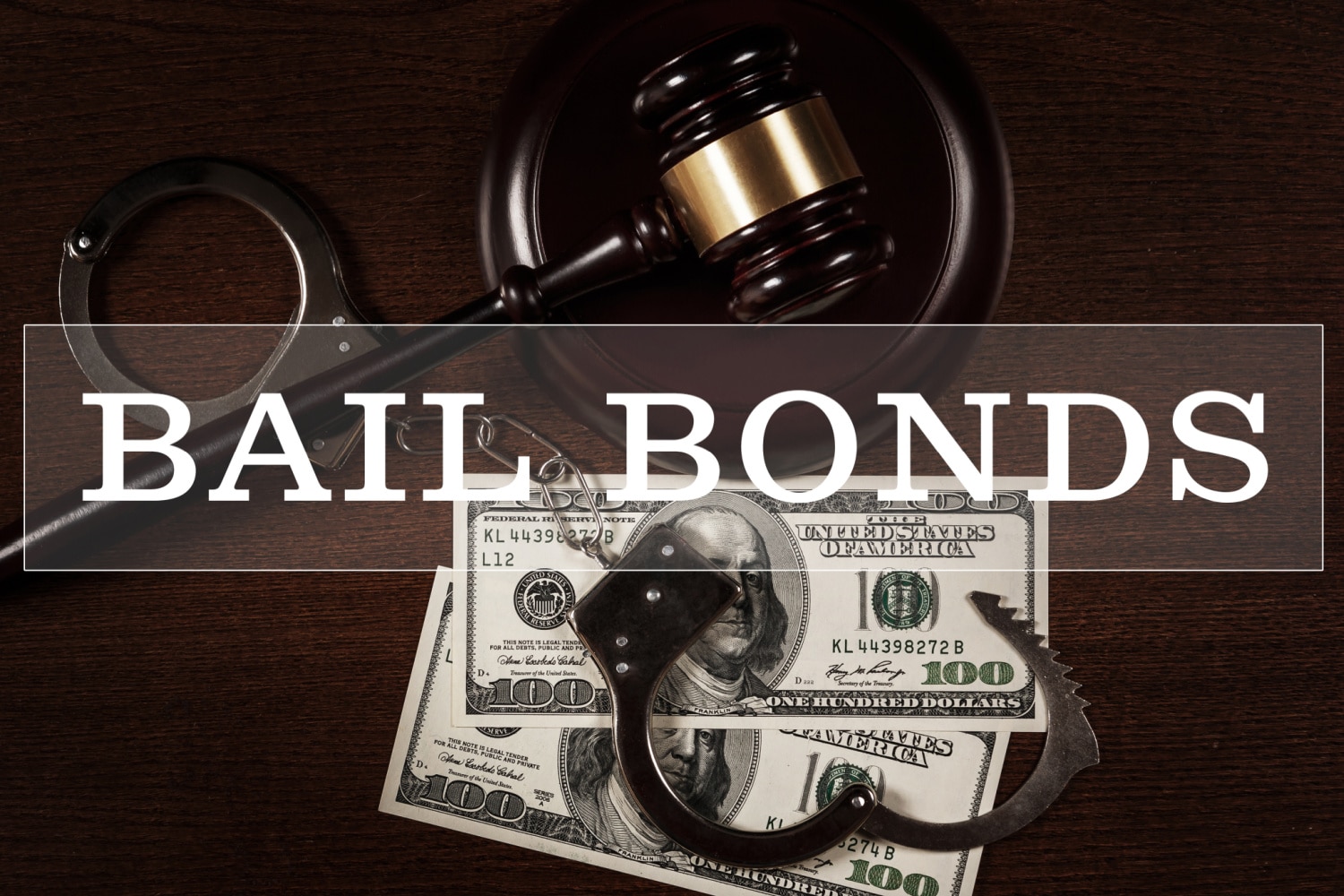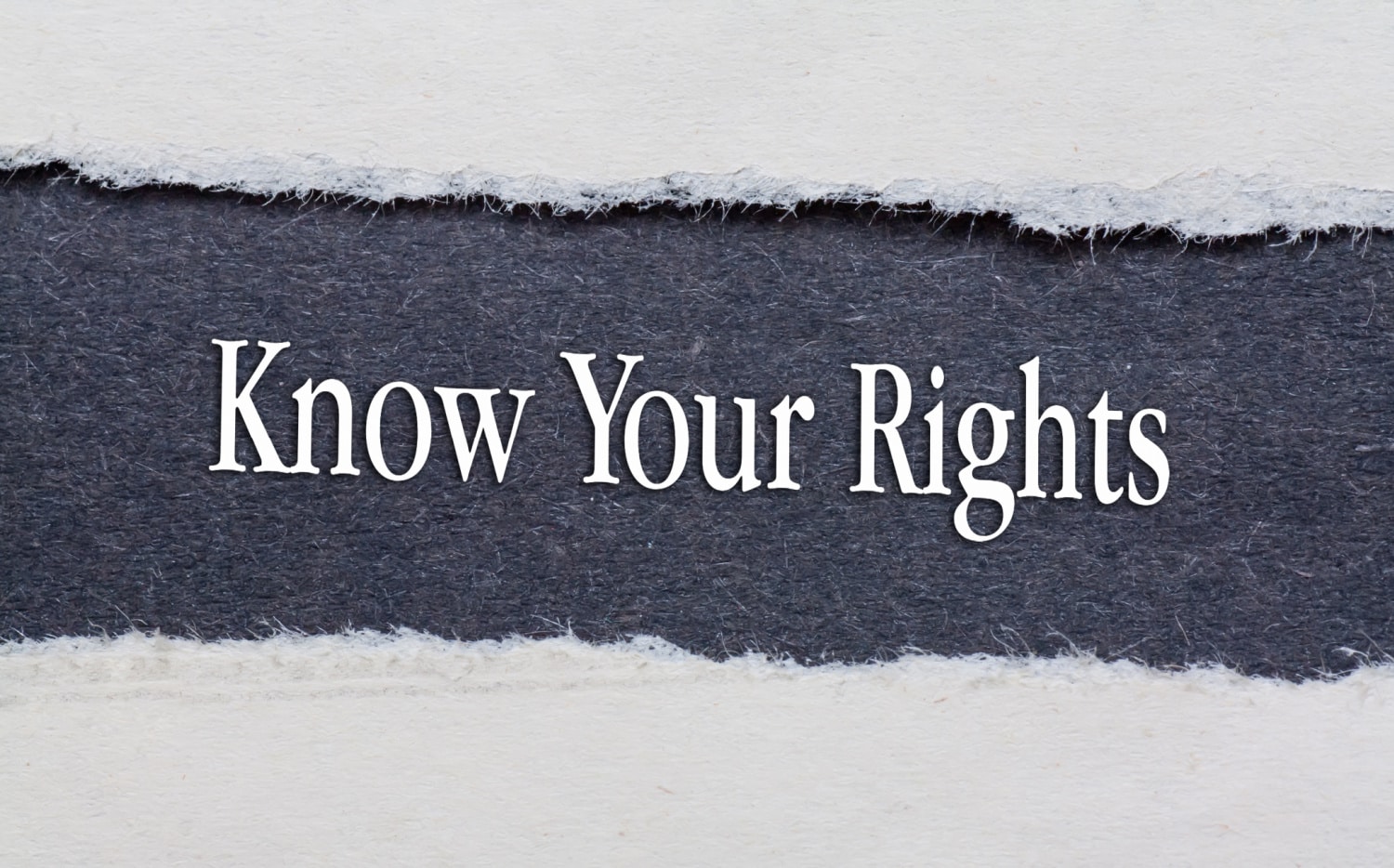Guide on the Criminal Justice Process in Chicago
The criminal justice system isn’t built for grace. It’s built for speed, pressure, and punishment. One misstep, one wrong place at the wrong time, and suddenly you’re booked, charged, and facing life-changing consequences. The courtroom doesn’t always wait for the full story. But your future deserves to be heard and defended with care.
That’s where the Law Offices of Andrew Weisberg come in. As a seasoned Chicago, IL criminal defense lawyer, Andrew knows how to handle the system, challenge unfair charges, and fight for the outcome you deserve. Whether you’re facing a misdemeanor or a serious felony, an experienced advocate makes a critical difference in protecting your rights and your future.
Overview and Unique Features of the Chicago Criminal Justice System
The criminal justice system in Chicago involves several interconnected parts, each playing a key role in how a case moves forward.
Law Enforcement
The Chicago Police Department (CPD) patrols neighborhoods, investigates crimes, and makes arrests. CPD officers follow city and state laws, but mistakes and misconduct can happen, so understanding your rights during police encounters is vital.
Court System
Chicago’s court system features municipal courts for lower-level offenses and the Cook County Circuit Court for more serious cases. Specialized divisions handle specific issues like domestic violence, gun crimes, drug offenses, and mental health. These distinct courts and their unique procedures can often be confusing for defendants.
Corrections
After sentencing, the corrections system takes over. This includes local jails like Cook County Jail and state prisons, as well as probation and supervised release programs designed to monitor offenders outside of incarceration.
Chicago’s court system handles a huge number of cases, which means things move fast and public defenders are often overloaded. In such a demanding environment, a knowledgeable and dedicated criminal defense attorney becomes essential to navigate local procedures effectively and ensure you receive fair treatment.
Common Criminal Charges Handled by Chicago Criminal Defense Lawyers

Chicago criminal defense attorneys represent clients accused of a broad range of crimes, including but not limited to:
- DUI and Traffic Offenses: Driving under the influence of alcohol or drugs, reckless driving, hit-and-run, and driving without a license.
- Drug Crimes: Possession, distribution, manufacturing, and trafficking of controlled substances.
- Violent Crimes: Assault, battery, domestic violence, armed robbery, and homicide.
- Property Crimes: Burglary, theft, motor vehicle theft, vandalism, and arson.
- Sex Crimes: Sexual assault, indecent exposure, and other offenses.
- White-Collar Crimes: Fraud, embezzlement, identity theft, and cybercrime.
Each charge requires a unique defense strategy tailored to the facts, evidence, and applicable law.
Criminal Investigations in Chicago (Before an Arrest)
Not every criminal case starts with a dramatic arrest. Often, police spend days, weeks, or even months quietly investigating, gathering evidence through surveillance, interviews, and warrants. You might even be questioned as a witness or “person of interest” without being charged, or police might monitor your records.
The moment you suspect you’re under investigation, it’s important to seek legal advice immediately. Talking to a Chicago, IL criminal defense lawyer early can prevent costly mistakes, protect you from unfair interrogations or searches, and might even stop charges from being filed. Early legal counsel ensures your rights are respected before any formal arrest.
The Arrest Process in Chicago
An arrest in Chicago can happen suddenly, sometimes after a traffic stop, other times following an investigation or report of suspicious activity. Regardless of how it happens, your rights begin the moment you are detained.
- Miranda Rights: Police are required to read you your rights before questioning begins. This includes your right to remain silent and to have a criminal defense attorney present.
- Probable Cause: Officers must have a valid reason, called probable cause, to arrest you. Arrests made without probable cause can be challenged and may lead to evidence being suppressed.
- Use of Force and Procedure: Officers must follow specific protocols when making arrests. If excessive force or illegal searches occur, these violations can be used to defend your case.
Knowing your rights from the outset is critical. A skilled Chicago, IL criminal defense attorney will review the arrest details to identify any procedural errors or rights violations that could help your defense.
How Long Does the Chicago Criminal Process Take?
The criminal justice process in Chicago is often slow and unpredictable. Overloaded courts, scheduling conflicts, and administrative delays mean many cases take weeks or months to resolve. This can cause stress and uncertainty for defendants, affecting their freedom, employment, and mental health.
Typical stages include arrest, booking, bond hearing, arraignment, pretrial motions, plea negotiations, trial, and possibly sentencing and appeals. Delays at any point are common. Having a dedicated Chicago criminal defense lawyer helps ensure your case stays on track. Your Chicago criminal defense attorney can push for timely hearings, keep you informed of progress, and protect your rights throughout the wait.

Booking and Bond Hearings
After arrest, you will be booked at a police station. This involves photographing, fingerprinting, and recording personal information. Usually within 48 hours, you must appear before a judge in Cook County for a bond hearing.
At this hearing, the judge considers the charges, your criminal history, flight risk, and threat to the community. The judge then decides whether to release you pending trial and under what terms. These may include:
- Cash Bond: Paying money to secure release.
- Electronic Monitoring: Wearing a tracking device.
- Personal Recognizance: Release without payment based on your promise to appear.
In some serious cases, bond may be denied entirely if the judge believes you pose a danger. Bond hearings happen fast but carry heavy consequences for your freedom. A Chicago criminal defense lawyer can advocate for favorable bond terms or release without payment if you have strong arguments.
Arraignment and Pretrial Motions
Once bond is set, the case moves into arraignment and early pretrial stages. At arraignment, the formal charges are read, and you enter a plea, usually guilty, not guilty, or no contest. The pretrial phase is where your defense begins to take shape. Your criminal defense attorney can:
- File motions to suppress evidence if it was illegally obtained.
- Seek dismissal if the prosecution’s case is weak.
- Exchange evidence with prosecutors through discovery.
These early defense efforts are important. They can expose weaknesses in the prosecution’s case and lead to better outcomes. What happens during this phase often decides if your case settles fairly or goes to trial. A skilled Chicago, IL criminal defense attorney fighting for your rights now can greatly affect your future.
Grand Jury Indictments Explained
For serious felony charges, prosecutors often ask a grand jury to decide if there is enough evidence to formally indict you. This private proceeding includes a panel of citizens reviewing evidence presented solely by the prosecution. You and your lawyer do not attend.
An indictment means the case will move forward to trial or plea talks. While designed as a check on prosecutorial power, this process can be intimidating and complex. Having an Illinois criminal defense lawyer who understands grand jury procedures is important to challenge weak evidence and protect your rights during this stage.
Negotiation, Trial, or Dismissal
Most criminal cases in Chicago do not go to trial. Instead, they are resolved through plea bargains that reduce charges or sentencing in exchange for a guilty plea. These deals are common due to crowded courts but require careful legal advice to ensure fairness.
If a plea cannot be reached, your case will go to trial. Here, the defense presents evidence, calls witnesses, and cross-examines the prosecution. In some cases, charges may be dismissed altogether if there is insufficient evidence or legal violations. Having an experienced criminal defense lawyer ensures the best strategy is pursued based on your unique circumstances.
Diversion Programs: Alternatives to Traditional Prosecution
Not every case ends with jail time or a criminal record. Chicago offers diversion programs for eligible first-time or non-violent offenders. These focus on rehabilitation rather than punishment and can lead to dismissal of charges after successful completion. Common programs include:
- Drug Court: For substance-related offenses.
- Mental Health Court: For defendants with mental health conditions.
- Deferred Prosecution Agreements: Where charges are paused pending compliance with program terms.
These programs often involve treatment, community service, or regular monitoring. Eligibility depends on the offense, criminal history, and other factors. A knowledgeable Illinois criminal defense attorney can help you qualify for these options, protecting your future by avoiding a criminal conviction.
Sentencing and Post-Conviction Options
If convicted, the court determines your sentence based on the crime, your record, and defense arguments. Possible penalties include jail or prison time, probation, fines, and community service.
Sometimes, a strong defense can secure more lenient sentencing. After sentencing, you may still have options such as appeals, motions for a new trial, or petitions to reduce or overturn your sentence. Sentencing is not the end. With the right legal support, you can pursue second chances and challenge unfair outcomes.

Rights Every Defendant Should Know
Understanding your rights is the foundation of any strong criminal defense. In Chicago’s fast-moving legal system, knowing what protections you have and how to use them can make all the difference in the outcome of your case. These rights are designed to ensure fairness and prevent abuse, but they only help if you actively assert them.
- The right to remain silent to avoid self-incrimination.
- The right to an attorney, including a public defender if you cannot afford one.
- The right to a fair and speedy trial.
- The right to challenge unlawful searches, arrests, or evidence.
However, these rights only protect you if actively defended. Without legal representation, people often unknowingly waive protections that could save their case. Having an experienced Illinois criminal defense lawyer is your strongest shield against a system that moves fast and aims to convict.
How Chicago Handles Juvenile Criminal Cases Differently
Chicago’s juvenile justice system operates differently from the adult system. It emphasizes rehabilitation, education, and community support rather than punishment.
Minors accused of crimes are typically handled in the Juvenile Division of Cook County, which offers more chances for second chances. However, juvenile records can still impact education, employment, and housing later in life. Legal strategies for youth cases differ significantly, requiring attorneys experienced in juvenile law to protect young clients’ rights and futures. If your child faces juvenile charges, early and knowledgeable legal support is critical.
Talk to a Chicago Criminal Defense Lawyer Today
Being charged with a crime in Chicago is overwhelming, and early mistakes can have lasting effects. You don’t have to face it alone. At the Law Offices of Andrew Weisberg, our experienced criminal defense lawyers will guide you through every step, protect your rights, and fight for the best outcome, whether it’s dismissal, a plea deal, or trial.
Don’t wait. The sooner you contact Andrew Weisberg’s team, the more options you have to protect your future. Call the Law Offices of Andrew Weisberg today for a confidential consultation at (773) 908-9811, or contact us online.







 Blog Home
Blog Home 










